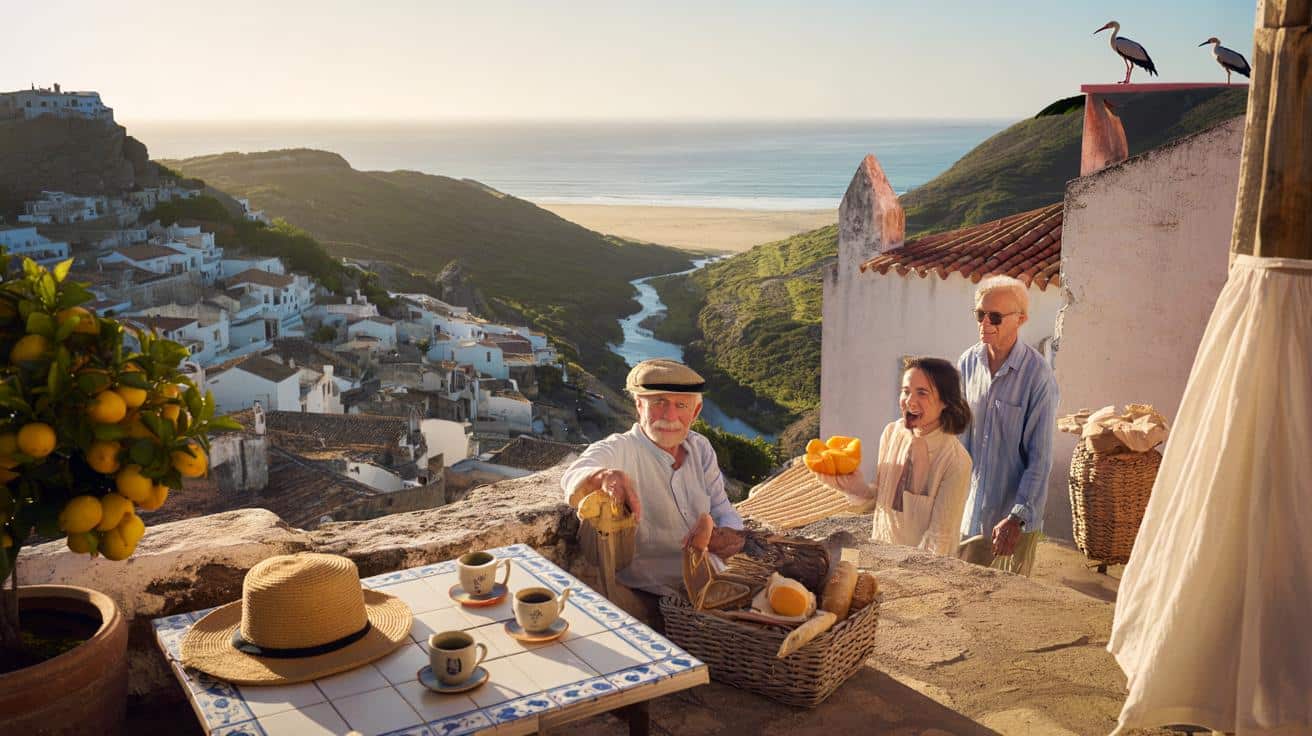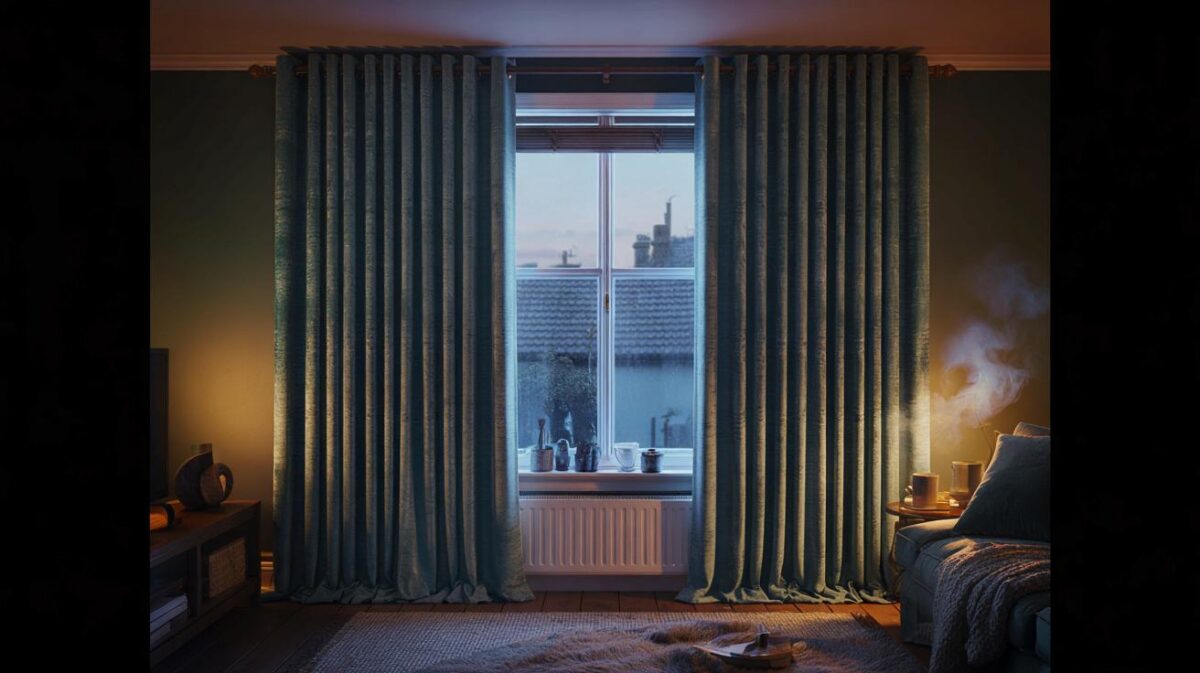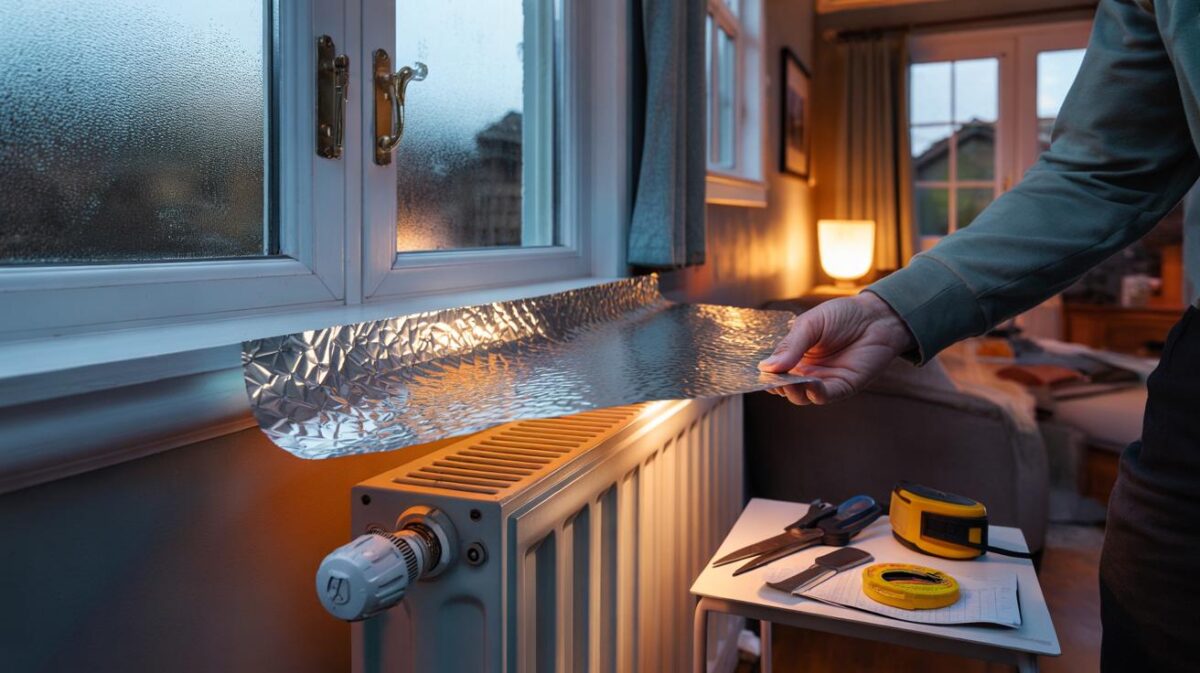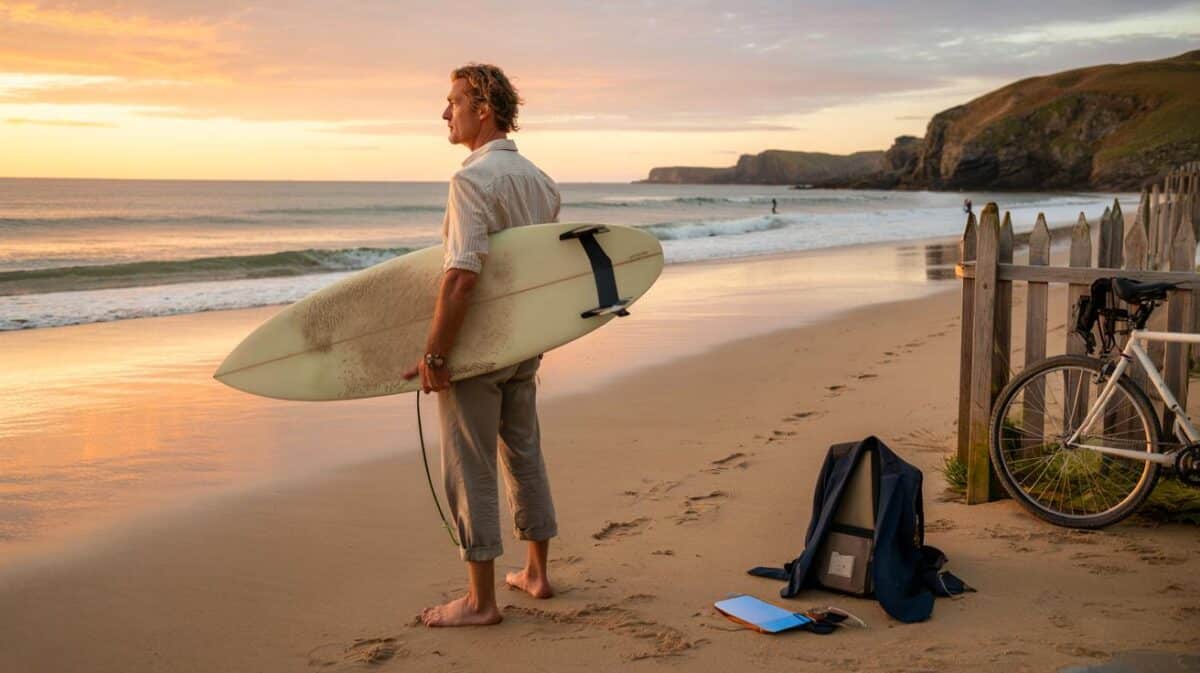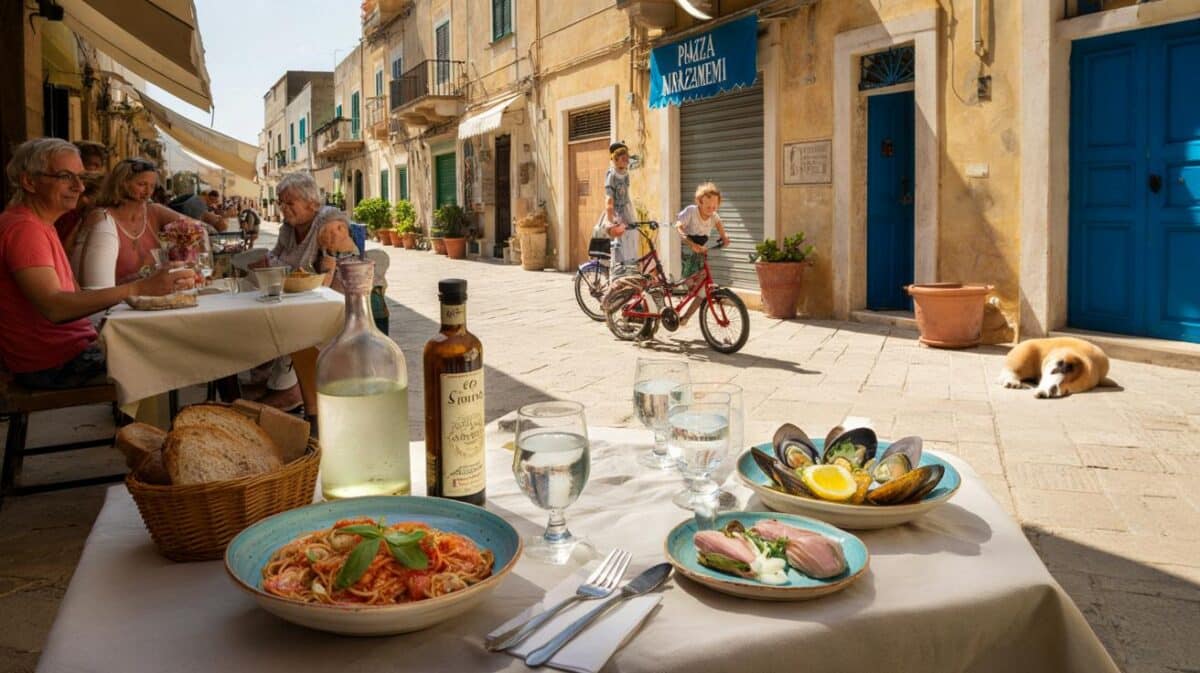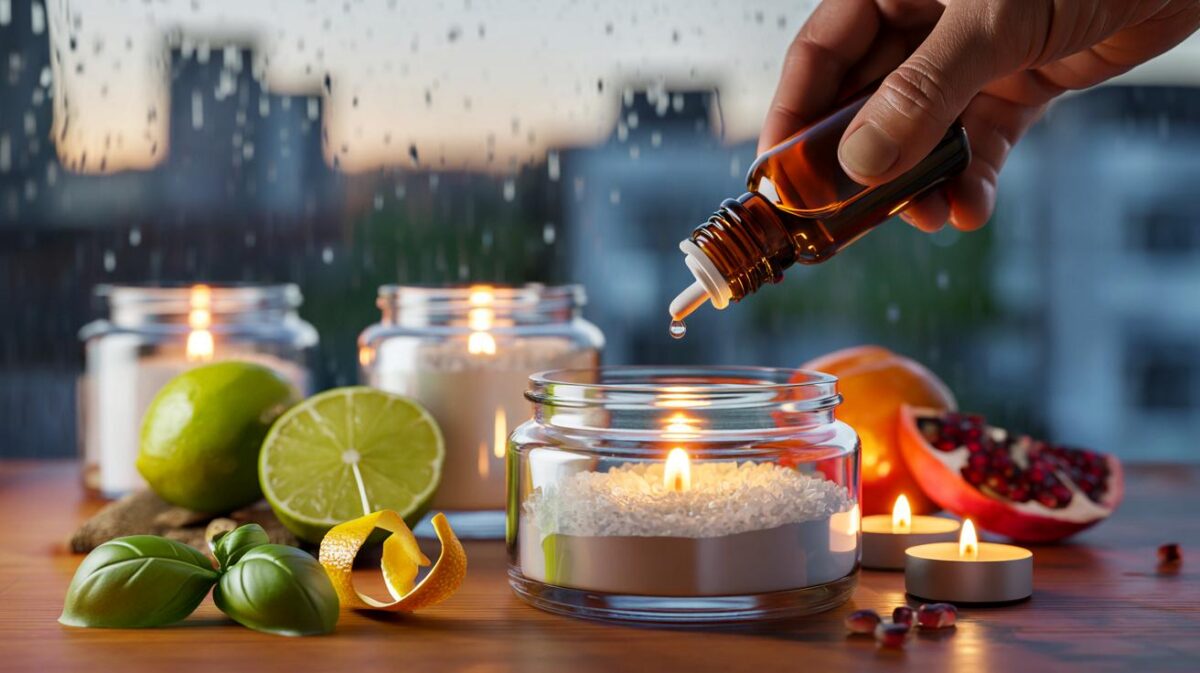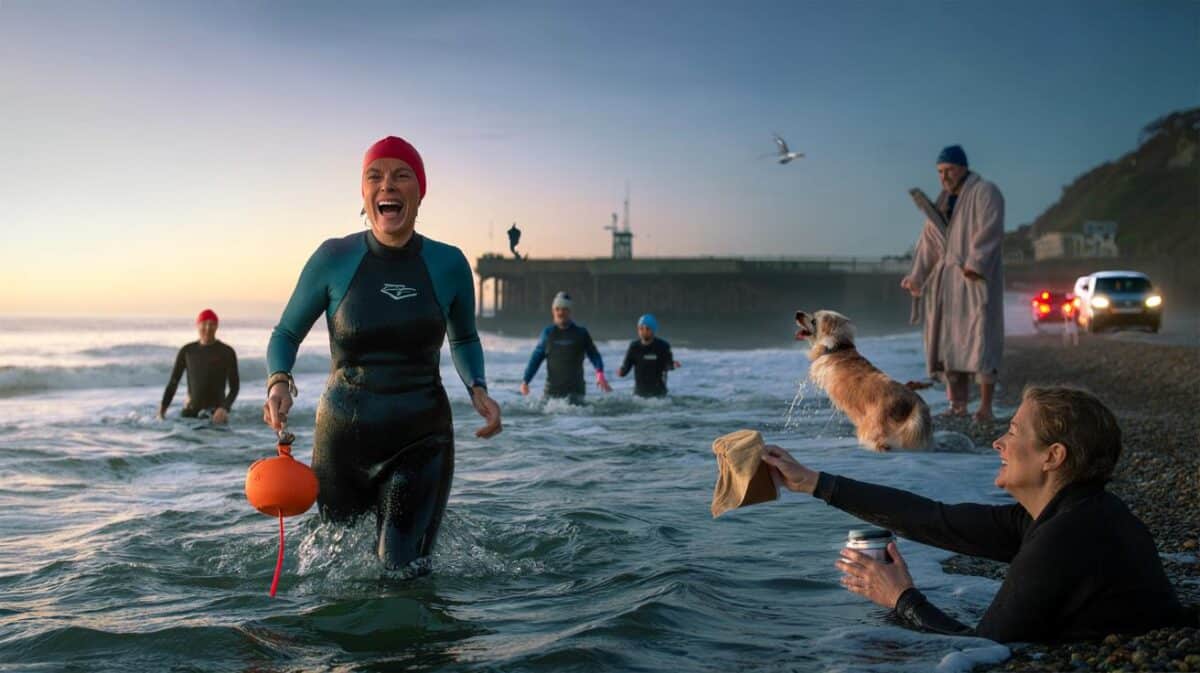A whitewashed hill, a ruined castle, an ocean that doesn’t rush. Prices are still humane if you time it right, and the Wi‑Fi doesn’t hate Zoom. It’s where the calendar loosens, and dinner has a habit of stretching past sunset. Here’s the Portuguese village quietly becoming the go-to for Brits craving **slow living**.
On a bright Tuesday, the hilltop streets of Aljezur sound like cups clinking and children chasing a football. The air carries coffee and eucalyptus, a soft blend you’d bottle if you could. A pensioner in a flat cap peels oranges on his doorstep, slicing slivers for anyone who pauses. *It felt like the village exhaled.* I watched a woman hang sheets that smoked in the sun, then wave at a delivery van like it was an old mate. A scene that tilts the week on its side. A scene that lingers.
The village Brits whisper about
Stand on the castle ruins and you see the whole plan: tiled roofs, a river snaking through the valley, the Atlantic breathing at the edge. It’s not silent, just soft. Mornings are market-stall banter and flat whites, afternoons a long walk along the dunes or the sleepy lanes of the old town. People talk more quietly here, as if the past is listening. That’s the pull for many Brits: a place that doesn’t punish you for walking slowly. A place that treats time like something to taste, not conquer.
Take Clare and Rob from Manchester. They came “just for a month” last winter, rented a tiny place with a lemon tree out back, and started doing their UK jobs from the kitchen table. Their commute became a stroll to buy bread and a wave to the woman who sells figs. By week three, they knew the market stallholders by name and the exact hour the storks circle the chimney near the bridge. They left after eight weeks with sunburned noses, a group chat full of local tips, and the decision to make Aljezur a long-term thing.
The logic is simple once you’re here. The coast is wild but reachable, the hills are quiet without being remote, and the weekly rhythm is more practical than precious. There’s enough life to feel plugged in, enough space to feel alone. Flights from the UK drop you within a morning’s drive, and the internet is solid enough to sustain a spreadsheet marathon. Parents whisper about friendly local schools down the road, while freelancers love that work feels calmer when your lunch break is a walk through cork oaks. It’s not a fantasy. It’s a pace.
How to test-drive the slower pace
Rent for a month in late autumn or early spring. Keep it simple: a small house in the old town, a spot to sit in the sun, a kitchen that makes you want to cook. Set a gentle routine. Buy vegetables at the market on Saturdays, wander the lanes at dusk, and walk the beach on weekdays when it’s just gulls and fishermen. Work where the light is kind to your screen. Take notes on what your days actually feel like. Let the place argue its case.
Here’s where Brits go wrong: they try to replicate their UK lifestyle on Portuguese soil. The point is to recalibrate. So move at the pace of the village. Learn three phrases of Portuguese and use them badly, smile anyway, and watch what happens. Winter can be damp, so a small heater and a thicker jumper go a long way. Summer is a different town: busy, buzzy, a touch pricier, still charming. Let’s be honest: nobody actually does that every day. You’ll miss some markets, you’ll work late once or twice, and it won’t break the spell.
We’ve all had that moment when a place taps your shoulder and says, stay a little longer. Talk to the baker, the surf coach, the woman pouring wine at the tiny tasca, and just listen.
“People come for the beaches,” says João, who bakes bread before the sun. “They stay because their shoulders drop.”
- Try a one-month winter let before making any big decisions.
- Pick a south-facing place and ask about heating for January nights.
- Start with cash-friendly spots; Sunday markets are gold.
- Walk a stretch of the Rota Vicentina to meet the landscape properly.
Money, homes, and the nuts-and-bolts
Costs make sense if you learn the seasonal pulse. Rents rise in July and August, then soften when the cicadas quieten down. Cafés keep prices friendly, and you’ll find a coffee that costs less than your London bus fare. Groceries lean towards what’s grown or landed nearby, which is good news for your budget and your cooking. The trick is to live locally: markets for produce, small shops for what’s fresh, and a weekly stock-up so you’re not doing expensive top-ups out of habit.
House hunting? Treat it like a slow dance, not a sprint. Long-term rentals do exist, though many houses flip to holiday lets in summer. Ask about sun exposure, insulation, and whether the stove is more decoration than heat. If you plan to stay, speak with a local lawyer and tax adviser about residency routes and paperwork. Rules change, and every situation has quirks. Keep paperwork tidy, keep your expectations flexible, and give yourself time before signing anything you can’t un-sign.
The year has its own personality here. Autumn glows, winter is wet and green, spring feels like a postcard, summer hums with visitors. Street life shrinks a little when the rain settles in, then returns with terraces and laughter and late dinners. Festivals pop up like exclamation marks, from simple village fairs to the sweet potato celebration that perfumes the streets. You begin to know the place by sound: swallows in April, grills sizzling in June, the hush of a misty Monday in January. The calendar becomes a friend, not a boss.
You don’t have to renounce ambition to live slowly. You just soften the edges of the day. Breaks become actual breaks. Work still happens, and some days it still bites, yet the walk after is ten minutes through jasmine and lemon trees. The village holds the door open and doesn’t insist. If you come for a month, you might leave with a different idea of enough. If you come for a year, you might start measuring success in minutes well spent, not meetings survived. The choice isn’t binary. It’s a gradient, and it’s generous.
| Point clé | Détail | Intérêt pour le lecteur |
|---|---|---|
| When to try it | Late autumn or spring for calmer streets and realistic costs | See the real rhythm, not the summer rush |
| Where to stay | Old-town houses with sunlight, heating, and a small terrace | Comfort in winter, charm year-round |
| How to live cheaper | Local markets, seasonal produce, weekday beach walks | Lower spend, higher quality of life |
FAQ :
- Is Aljezur safe for solo Brits?Yes. It’s friendly, walkable in the centre, and the community looks out for one another.
- Can I work remotely there?Plenty do. Home internet is reliable, and cafés are relaxed about laptops if you’re considerate.
- Do I need a car?It helps for beaches and shops outside the centre. In the old town, you can walk most days.
- What about schools for kids?Families use local schools nearby and, for older children, options in the region. Visit and talk to other parents first.
- What’s the best month for a trial stay?November or March. You’ll feel the quiet, the weather’s mixed, and prices are kinder than midsummer.

